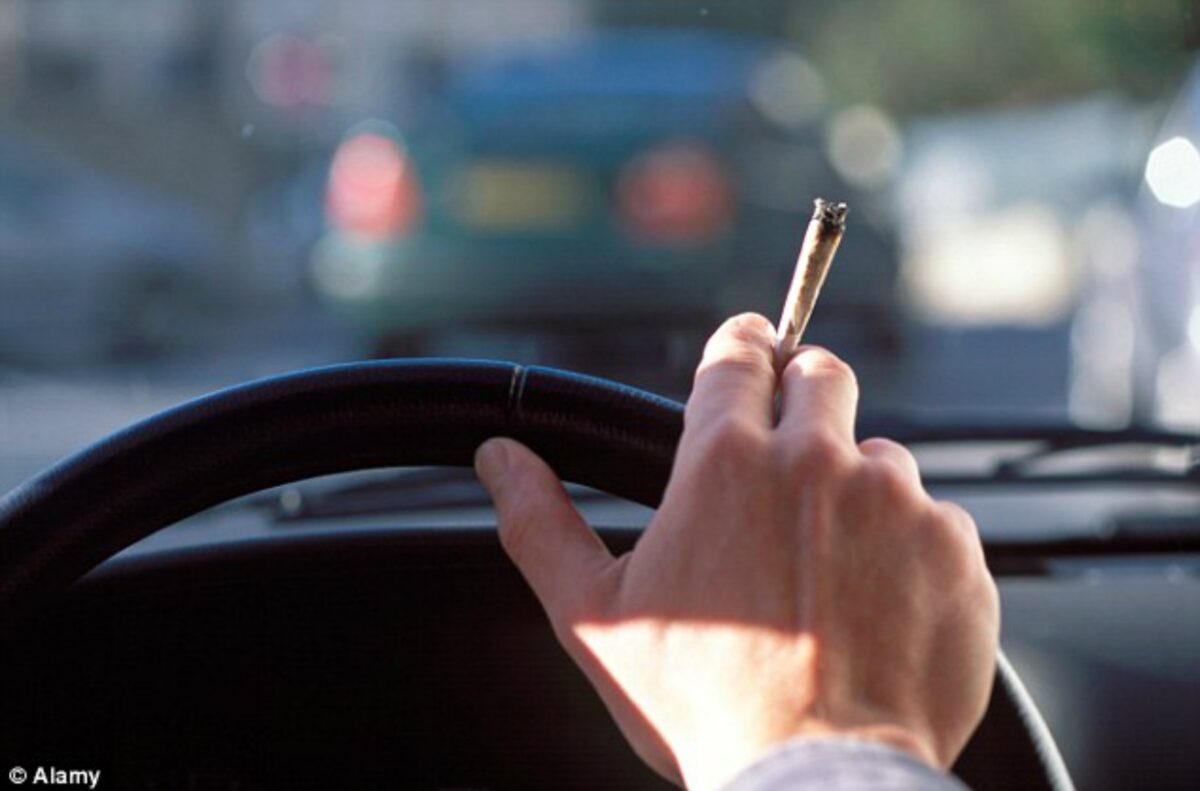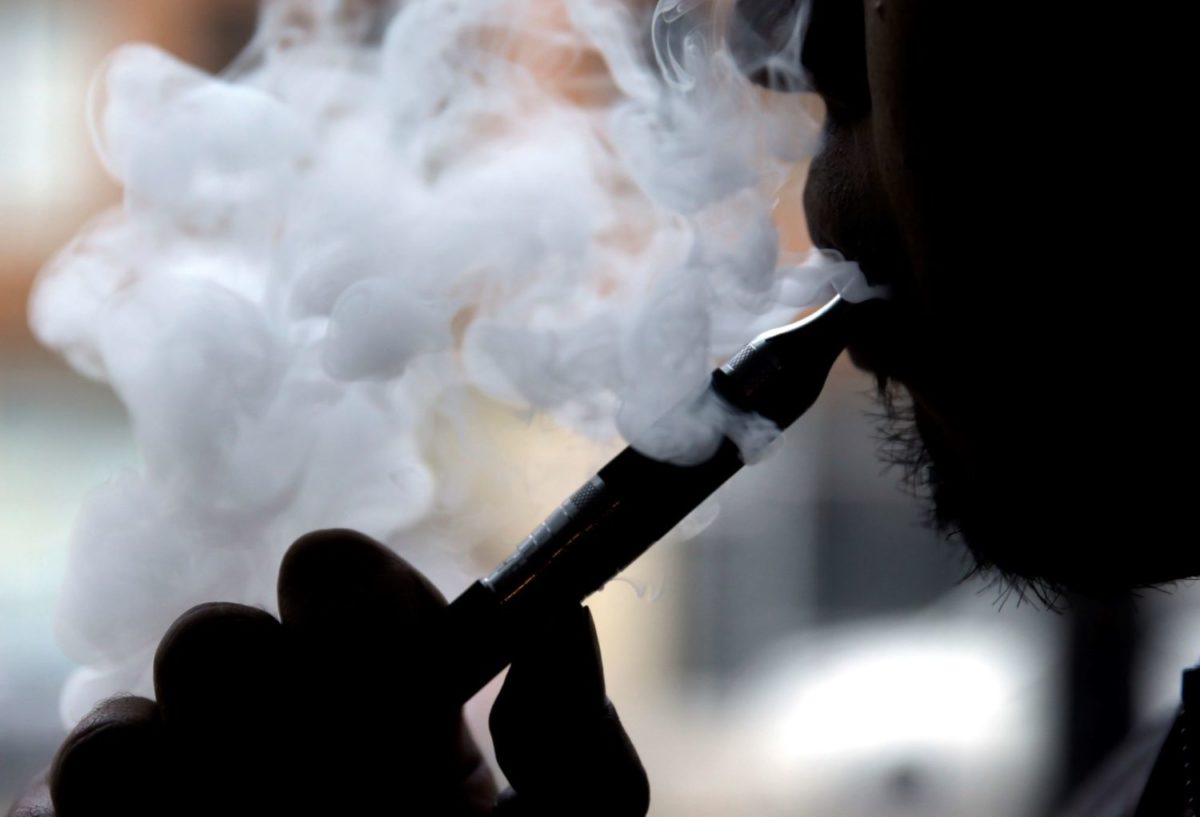A few months ago, a popular CBD brand wanted to send me some of their new “psychedelic mushroom” gummies. I assumed they were microdosed with psilocybin from actual mushrooms. Lots of psilo products are sold online. It didn’t strike me as odd.
The package arrived looking like it was from the glory days of cannabis media when the money was still flowing. A giant box of lacquered cardboard opened to a rainbow display of products, swag objects, and sparkly crinkle-cut packing paper. Wow, I thought. They’ve got money.
PR packages that cost more than the products they tout have become rare in this economy. I tend to view them as a red flag that you’re dealing with a brand whose profit margins are high because the quality of their products is low. Or they have a ton of VC money, another indicator the drugs probably suck.
I picked up the gummies in question. An iridescent mylar bag boldly read “entheogens” one too many times. The rest of the packaging was a clusterfuck of buzzy words that can mean anything you want them to, like “magic” “nootropic,” “proprietary blend,” “micro,” and finally, in tiny font in the far corner of the ingredients list, “muscimol.”
A quick Google search told me that muscimol was one of the active ingredients in amanita mushrooms. So, why didn’t they just say that? Sus. I ate a couple anyway (for journalism) and drove to a meadow where I enjoy being high.
My first intimation they had taken effect was a soft gnaw of existential dread. I found myself on a windy day in a field of wildflowers, ensconced in physical anxiety. The colors were vibrant and I was high, but in a strange, wobbly way that made me question my safety.
Psychedelic nature jaunts usually leave me musing as all the pieces of existence fit together like a cosmic zipper. This felt more like sitting in front of a static television I couldn’t turn off.
As opposed to the life-affirming aspect of the psychedelic experience that makes tripping ultimately positive, these gummies left me wondering, what the fuck did I just take?
The D8 of Mushrooms
Probably not anything that came from an amanita mushroom, it turns out.
“Amanita Muscaria is mycorrhizal, meaning they grow by forming symbiotic relationships with tree roots,” my friend Chris from the fruiting body brand Humboldt Fungi DMed me after I posted about the experience. “You can’t grow amanita. They have to be wildly harvested, and the window to do that is very short.”
He continued, “It would be hard for me to forage enough to create an amanita extract for a small run of products. For a big brand to create enough amanita extract to release an endless amount of products online and to every smoke shop in the world at one time is impossible.”
Synthetic research chemicals being sold as “entheogens,” or misrepresented as naturally occurring plant chemicals has become a rampant issue. Born from a combination of greed, noob consumers, and bad policy, these legal mystery drugs are an out-of-control train that can’t be stopped.
Similar to the wave of chemically altered cannabinoids ravaging the cannabis industry, these synthetic psychedelics are the Delta-8s and hemp-derived Delta-9s of the mushroom world. They’re found on the internet and IRL, everywhere from the gas station to the head shop and illegal dispensaries.
The market for these products is unregulated, and not subject to testing. The tests they do have are from unregulated labs, meaning the results can be manipulated or fabricated, and there’s no way to know what is in any of this shit.
A recent study by DoubleBlind Magazine purchased an array of these “psychedelic” products and had them tested independently. Most contained no psilocybin or amanita, instead testing for substances like 4-AcO-DMT, a research chemical that converts to psilocin once ingested, causing you to trip out but not how you intended.
The moral implication of selling newbies a psychedelic experience in the form of a corn syrup cube that drugs them with mystery chemicals is, at best, terrible. There’s also the issue of consent at play. You can’t consent to take a drug that you don’t even know you are taking.
Big Business and Bad Drugs
To be clear, my issue isn’t with synthetic drugs. Lots of synthetic drugs rule. LSD, MDMA, and even Ketamine have shaped modern counterculture. I also see the value in synthetics that supplement problematic substances like 5-MeO-DMT, as reaching personal enlightenment on a mass scale through the decimation of an entire species of toad is, in fact, low vibe.
But I don’t fuck with synthetic drugs created solely for profit or to slip through regulatory loopholes. These are not lighting bolt chemicals like LSD. These are sloppy, dangerous, and designed to do a shitty job of imitating the experience of a superior substance. It’s especially offensive when they’re calling themselves entheogens, which are naturally occurring gifts from nature used for millennia to commune with higher powers.
One of the many reasons that capitalism and psychedelics don’t mix is that big business is never going to sell you good drugs.
Head shop drugs have always sucked, and charlatans have been rebranding chemicals as plant medicines to sell legally for as long as I can remember. When we were kids, it was salvia and spice. This is not a new game.
I don’t know if any of those products contained the substances they said they did, or if it was another case of chemicals being sprayed on shit and consumed by people who didn’t know any better. From fake psychedelics and D-8 to spray packs, that hustle is still booming and will continue to boom quite possibly forever.
Death to the Dupes
Newbies don’t have access to good drugs. They never did, and they still don’t. Drug culture is a sub-culture. You can’t buy your way in. The more you engage with the culture, the more it rewards you. The deeper you go, the better the drugs.
The cool thing about legitimate psilocybin brands coming onto the market is that they are making high-quality psychedelic experiences available to more newbies than ever before.
These fake mushroom brands are specifically fucked up for convoluting the fledgling market by tricking nervous consumers into having bad experiences they’ll forever blame on the very entheogens that could’ve helped them.
But the truth is, we should know better. Just because these flashy new products have cute branding and are sold in places that don’t seem sketchy doesn’t make them any different from the trash drugs that have always been sold legally.
We must stay vigilant and uncompromising in categorizing fake entheogens, fake cannabinoids, and all otherwise offensively bad knock-off drugs as gas station boner pills until further notice.
Just say NO.
The post Are Fake Psychedelics the New Gas Station Boner Pills? appeared first on High Times.


